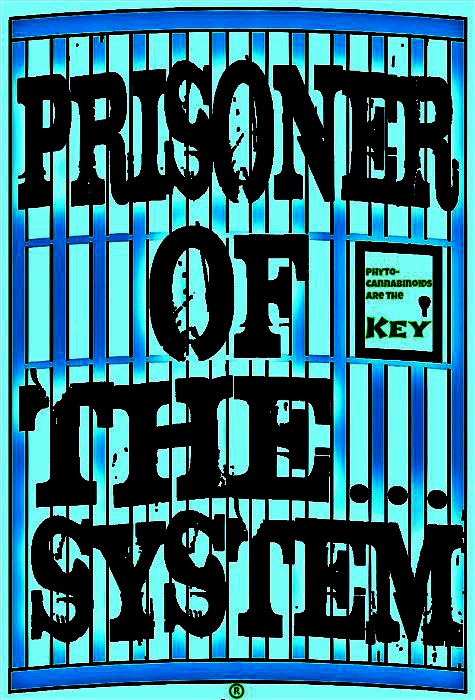2013 Jul;4(3):147-152.
 Emerging therapies for the treatment of osteoporosis.
Emerging therapies for the treatment of osteoporosis.
Abstract
Osteoporosis is a chronic disease of the osseous system characterized by decreased bone strength and increased fracture risk. It is due to an imbalance in the dynamic ongoing processes of bone formation and bone resorption. Currently available osteoporosis therapies like bisphosphonates, selective estrogen receptor modulators (SERMs), and denosumab are anti-resorptive agents. Parathyroid hormone analogs like teriparatide are the only anabolic agents currently approved for osteoporosis treatment. The side-effects and limited efficacy of the presently available therapies has encouraged extensive research into the pathophysiology of the disease and newer drug targets for its treatment. The novel anti-resorptive agents being developed are newer SERMs, osteoprotegerin, c-src (cellular-sarcoma) kinase inhibitors, αVβ3 integrin antagonists, cathepsin K inhibitors, chloride channel inhibitors, and nitrates. Upcoming anabolic agents include calcilytics, antibodies against sclerostin and Dickkopf-1, statins, matrix extracellular phosphoglycoprotein fragments activin inhibitiors, and endo-cannabinoid agonists. Many of these new drugs are still in development. This article provides an insight into the emerging drugs for the treatment of osteoporosis.
KEYWORDS:
Anabolic agent, anti-resorptive agent, bone formation, bone resorption, osteoporosis
- PMID:
- 24672186
- [PubMed – as supplied by publisher]

